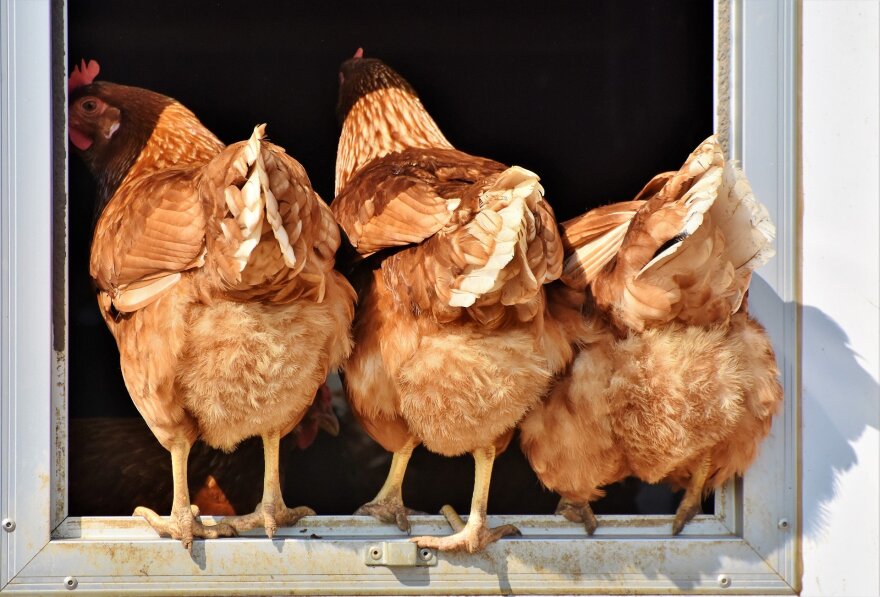COVID-19 has caused all to change and adapt to new social distancing guidelines to mitigate the effects of the pandemic on their lives and communities. In response to social distancing guidelines, innovative Utahns have engaged in new activities that still allow for family contact and explore new adventures. These activities have included increased participation in outdoor recreation and backyard agriculture to include gardening and chicken.
Explosions in the local rat populations in some areas have been linked to the rapid growth in backyard chicken ranching. This is concerning because, rats and rodents have been implicated in spreading zoonosis to include bubonic plague, hantavirus, and rat-bite fever. Humans can get these diseases if they are bitten by an infected rat or inhale or ingest microorganisms in the rat’s feces or urine.
Cities that have allowed backyard chicken ranching have designed their ordinances to eliminate conditions that might attract rats, and other rodents. These ordinances require the rancher to “rodent-proof” chicken coops and other outbuildings where food is present.
However, you may not see any rats unless you have a severe problem. Don't create the conditions that attract rats, other rodents, raccoons, or skunks to your yard. Remove your flock's feeders and waterers each night and replace them in the morning. While your chickens won't want to eat or drink at night, the rats will!
Be sure to store your chicken feed in rodent-proof containers.
Because rats are burrowers and climbers, consider wiring the bottom of your run with woven mesh hardware cloth. Bury the bottom of your fence, or provide an apron so they cannot enter your chickens' area from below.
For more information, contact your local county extension office or visit the web site https://poultry.usu.edu/raising



